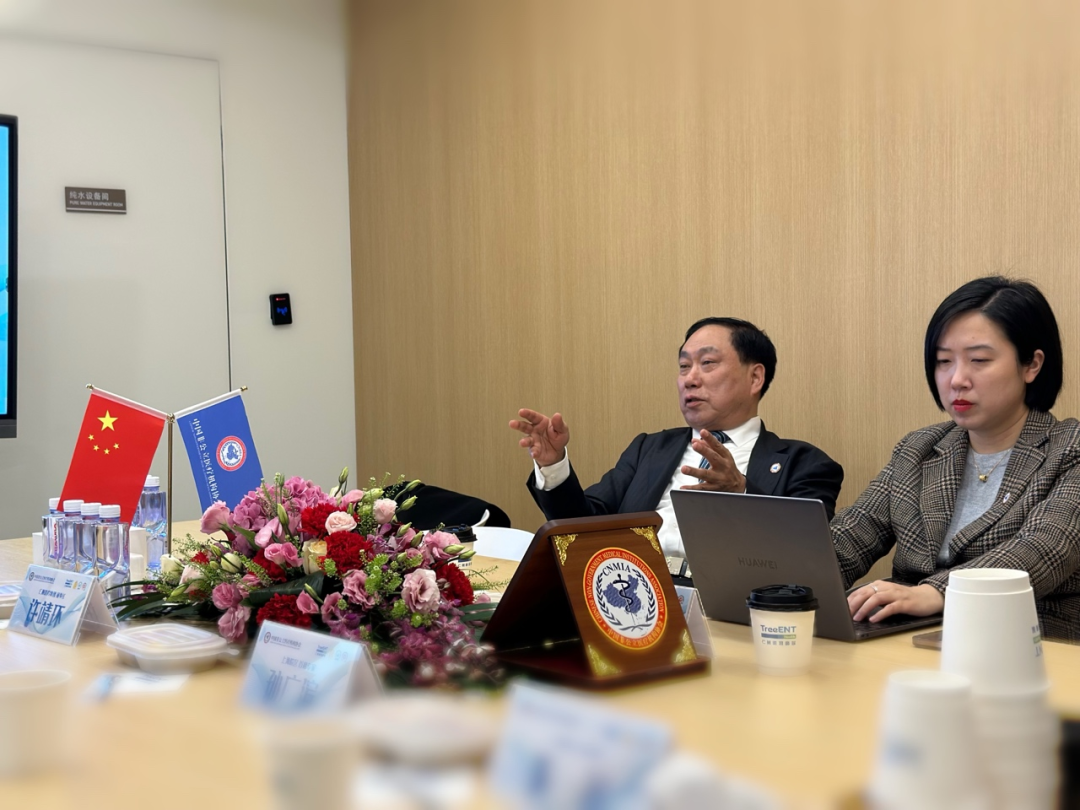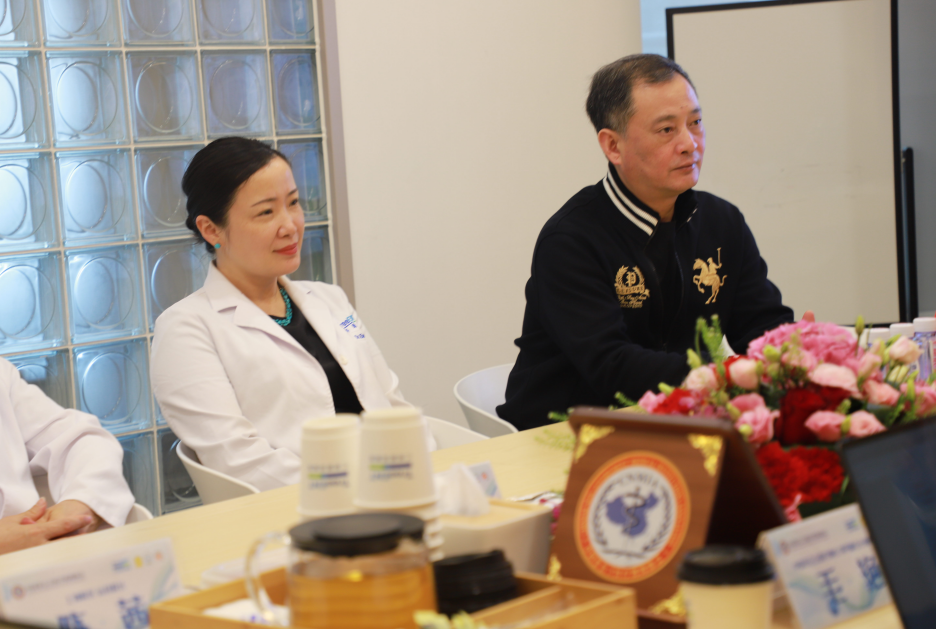source: 2024-04-07 15:40:55 Secondary reading
On March 23, a delegation from the Chinese Non-Governmental Medical Institutions Association (CNMIA), led by Hao Deming (Executive Vice President and Secretary-General) and Mao Yan (Deputy Director of the Talent and Technical Services Department), conducted an on-site research and exchange visit at Renshu Eye, Ear, Nose & Throat Hospital (Shanghai Changning Branch)—a high-end specialized medical brand under the Renshu Medical Group.
Xu Jinghuan, Founder and Chairman of Renshu Medical Group; Ding Ping, Vice President; and Chen Qian, Operations Dean of the Shanghai Branch, accompanied the delegation during the visit and discussions.



At the symposium, Hao Deming highlighted the significance of "deepening the reform of the medical and healthcare system, promoting coordinated development and governance of healthcare insurance, medical services, and pharmaceuticals" as outlined in this year's Government Work Report during the National Two Sessions. He noted that with the continuous optimization of the medical service system and healthcare payment mechanisms, the allocation of high-quality medical resources will become more rational, accelerating the adoption of new technologies, products, and equipment in the non-public medical sector. Currently, China's non-public healthcare industry encompasses nearly 500,000 medical institutions and over 25,000 hospitals, accounting for 67.7% of the country's total hospitals. With the implementation of policies streamlining the approval process for new technologies, non-public medical institutions will drive diversified development and differentiated services within China's healthcare system. As the only national-level industry organization dedicated to serving and regulating the non-public medical sector, the association is committed to its historical mission of fostering the growth and standardization of non-public medical institutions. By formulating industry standards and conducting national-level evaluations, it serves as a vital bridge between the government and non-public medical institutions.
Following the meeting, President Hao Deming presented the association's flag and emblem to the Renshu Group, expressing expectations and prospects for strengthened industry collaboration. Xu Jinghuan emphasized that Renshu Eye, Ear, Nose, and Throat Hospital, under the association's guidance, will leverage its specialized medical expertise to advance the development of non-public specialty healthcare through collaborative exchanges and the establishment of service standards, contributing to a more diverse and differentiated medical ecosystem.